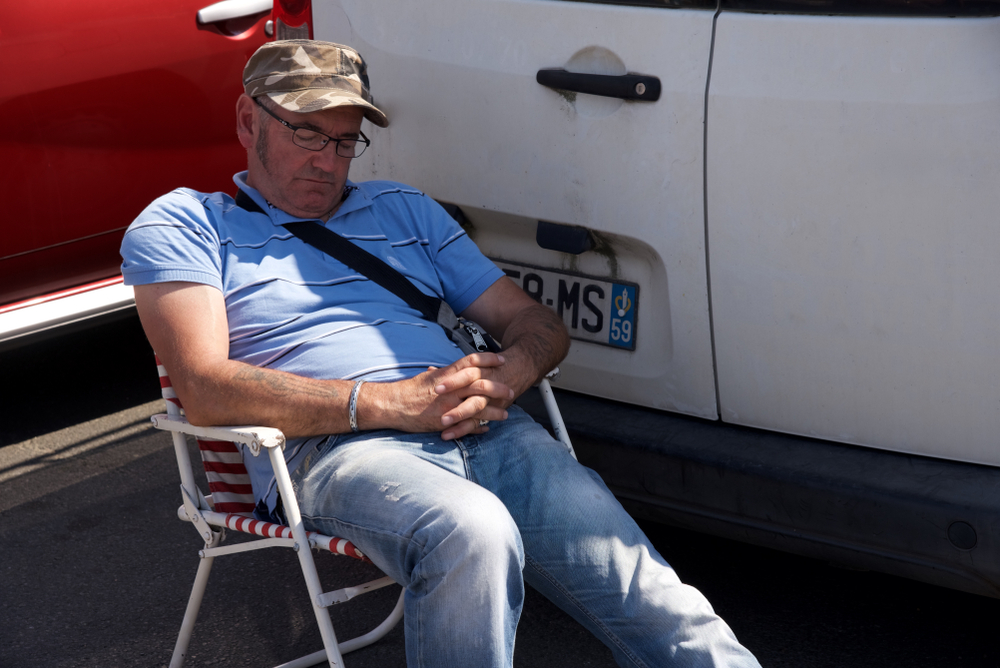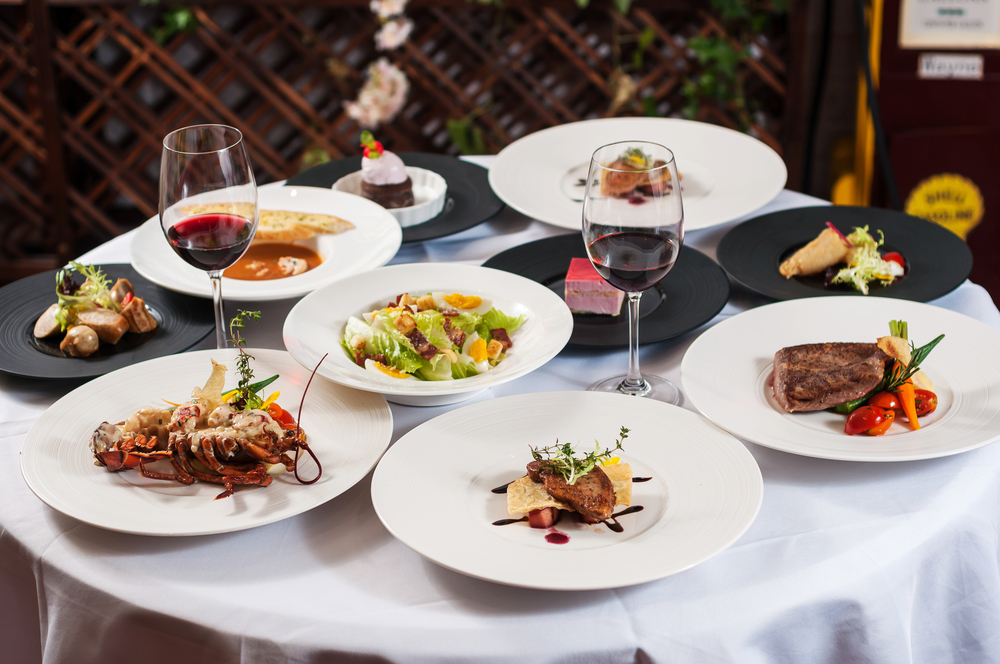Culture and Society: Stereotypes
Being both oversimplified and an opinion by definition, a stereotype about a group of people may have much or very little truth to it. While painting any group with a single brush can be risky, knowing that certain stereotypes exist can be an important step in understanding a culture. If you're a traveler, this knowledge can help you avoid offending the people of your host country.
The following stereotypes are presented in two sections: first, those often held by foreigners visiting this country; and second, those often held by the country's own inhabitants. The description below each entry attempts to explain why some people may believe the given stereotype.
Please note that these stereotypes do not necessarily represent the views of World Trade Press or its employees, but are presented here in an effort to make you a more informed researcher or traveler. Through your own experiences you may find some or all untrue, only partially true, unfair, or fairly accurate.
Stereotypes of the French as Accepted by Some Foreigners
Aloof and Arrogant
The French believe that they are better than—well—everyone else on the planet.
The French are taught from an early age that everything that is done in France (e.g., education, food, wine, fashion, literature, politics, cinema, etc.) is the zenith of human development. Everything is considered in terms of the French version and critiqued accordingly. Since the French are also notorious for never straying too far from home, they have been able to prop up this charade for centuries. However, the far-reaching communications technology of the 21st century has forced the French to see their negative, as well as their positive, points with a good deal more perspective.
Xenophobic
The French detest foreigners and would prefer to view them from afar rather than on their sidewalks.
Unfortunately, most people have their first brush with the French on the streets of Paris. Parisians only respect Parisians, and that is that. Everyone else, foreign or French, is just second rate at best. The vast majority of the French are quite open and friendly to foreigners and curious about how they view France. The rise of anti-foreigner feeling in the last several years is directed primarily at the North African segment of the French citizenry that has refused—in the minds of the French—to integrate into French society.
Sexually Oriented
The French think about sex 24 hours a day. Even the ugly people in France like to pretend they are sexy.
This stereotype has a long history in literature and cinema but not much in reality. Modern studies do not put the French in the top ranks for sexual activity nor does their population decline. There are lots of sexy glances, exposed skin, and pouting lips, but with very little follow through. The French do, however, put great stock in marital infidelity, or the appearance thereof. The cinq à sept ("5 to 7") is the supposed after-work period set aside for cheating on your spouse. Most of the French have to settle for a cigarette and a coffee.
Lazy People
The French are allergic to work and think nothing of being on welfare their whole lives.
The French social system does make it possible for someone to spend their entire adulthood being subsidized by other people’s taxes. Those that choose to work do work (at least until summertime) and don’t seem to begrudge the percentage of their peers who do not. The long-term price of such solidarity is only now finding its way into the French psyche.
Demanding Cowards
The French are afraid to fight and want everyone else to do it for them while they reap the benefits.
This stereotype is the result of France’s quick and humiliating defeat at the hands of Germany in World War II. Prior to that, the French were considered masters of the military arts and brave defenders of freedom. Modern critics should not forget that France suffered over 120,000 casualties in the two weeks of the German blitzkrieg that brought France down. The French take claims of their cowardice as grave insults, so it is best not to bring the subject up if you are not prepared to defend yourself verbally—and physically.
Stereotypes of the French as Accepted by Some French
Exceptionally Exceptional
We French are a special people and, thus, we require special consideration in international affairs.
The French are quite boldfaced in their demands for special treatment of their culture and people when it comes to international negotiations. They propose rules for their colleagues that will not apply to themselves and enforce restrictions to which they themselves would never consider abiding. The use and abuse of l'exception française is quietly coming to an end as France realizes its declining position in Europe and the world. The European Union (EU), in particular, is growing impatient with France’s attempts to be exceptional.
Worthy of Envy
There are two types of people in the world: the French and those who can only dream of being French.
The French have an inferiority complex that makes it imperative that they denigrate everyone else’s culture. From food to art to education to general sophistication, the French think they have it over everyone—or at least that’s what they tell themselves. The French rely heavily on their history, downplay the present, and fantasize about the future. Their attitude used to irritate visitors, although now most take it as another quaint and old-fashioned aspect of the landscape—like the canal boats.
Cuisine Masters
No other culture has produced as great a cuisine as we have. Food and wine are the heart and soul of France.
Food is very important to the French and, in the West at least, their cuisine served as a standard of excellence during the 19th and 20th centuries. However, modern health concerns preclude just about all of French cooking due to its dependence on fatty ingredients. This has not deterred the French in extolling their food, and they get very offended when it is criticized. Wine has a similar status, and recent taste comparisons that have knocked France off its oenological perch are thought by the French to be international conspiracies.
The Enemy Within
France’s social model is being undermined by people who refuse to integrate, and they only mean us harm.
France’s motto of “liberte, fraternite, egalite” ("liberty, equality, fraternity") was crushed in 2005 when rioting broke out across the country to protest the treatment of Muslims and Africans in France’s cities. The majority population could not understand why these rioters were not happy with their lot in the world’s greatest country. The rioters wanted to know where their jobs and futures were. Some of the French now admit that the country’s ideals are far from fulfilled for all of its citizens. Others think France needs a “love it or leave it” policy.
Anglo-Saxon Nightmares
France has as much or more to offer the world as anyone in terms of culture. We are being pushed aside.
As much as France toots its own horn, it increasingly does so more out of fear than out of pride. The domination of the English language and the preponderance of the “Anglo-Saxon” culture (read: American) in music, cinema, business, politics, and the internet has France feeling besieged. The language police are out in full force to substitute “l’ordinateur” for “computer,” and the radio stations have local content quotas for music. France’s close neighbors look on with amazement as it swims against the tide rather than floating along.
Copyright © 1993—2024 World Trade Press. All rights reserved.

 France
France 


